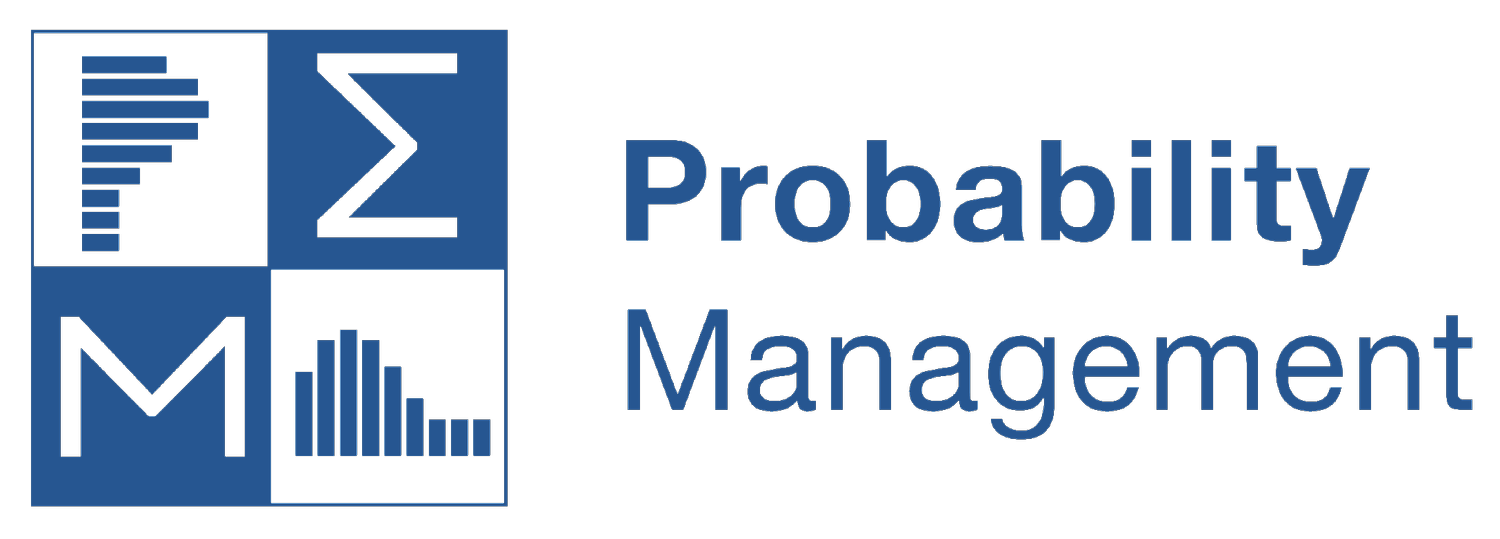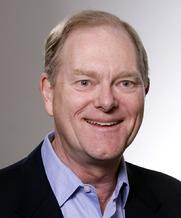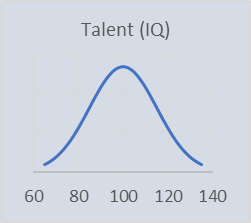Planning vs. Scheming
Since much of my income is from consulting, I have devoted resources to reaching out to appropriate clients. I can’t count the number of engagements I’ve gotten this way because there aren’t any. All my engagements have dropped in from out of the blue.
“But how about your 2009 book?” you say. “That was marketing on a grand scale. Some would have even called it selling out. You must have had customers breaking down your door after that.”
Nope. There was a horrific worldwide recession and I lost my key clients instead of getting new ones.
“But things are going great now, right?” Absolutely, and I am deeply thankful. But this was due to dumb luck, such as the improved Data Table function in Microsoft Excel, which enabled SIPmath, and stumbling upon adult supervision in the nick of time.
None of my successes have been planned and none of my plans have been successful. So, I don’t plan (much to the consternation of my adult supervisors). Instead, I scheme, by putting options in place in case the appropriate planets align. However, Louis Pasteur said that “Chance favors the prepared mind,” and I do try to prepare my mind. I just don’t plan.
So, when I heard that three Italian physicists (Pluchino, Biondo, & Rapisarda) had written a paper called “Talent vs Luck: the role of randomness in success and failure,” I was all ears. Among other things, they address the question of why, if talent is distributed along a bell curve, that wealth is extremely skewed with the top few percent of the population owning the lion’s share. They created a simulation that shows how chance drives the disparity in the distributions of talent and wealth. Inspired by the physicists, Dave Empey [1] and I built our own SIPmath model in Excel (available on our Models page) to explore similar principles. Our model shows that chance plays a role, but that disparity in income can arise without it. NOTE that unlike the physicists’ model, ours is not calibrated to reality, and is merely designed to give directional results.
The Model
Free models, like free advice, are worth what you pay for them. The admonition of George Box, that “all models are wrong, but some are useful,” applies in spades to economics, where Chaos Theory is always lurking a few decimal places away. I think the Italians would agree with me that such models do not provide “right answers” as much as “right questions.”










